Seven Super-Smart Dog Breeds
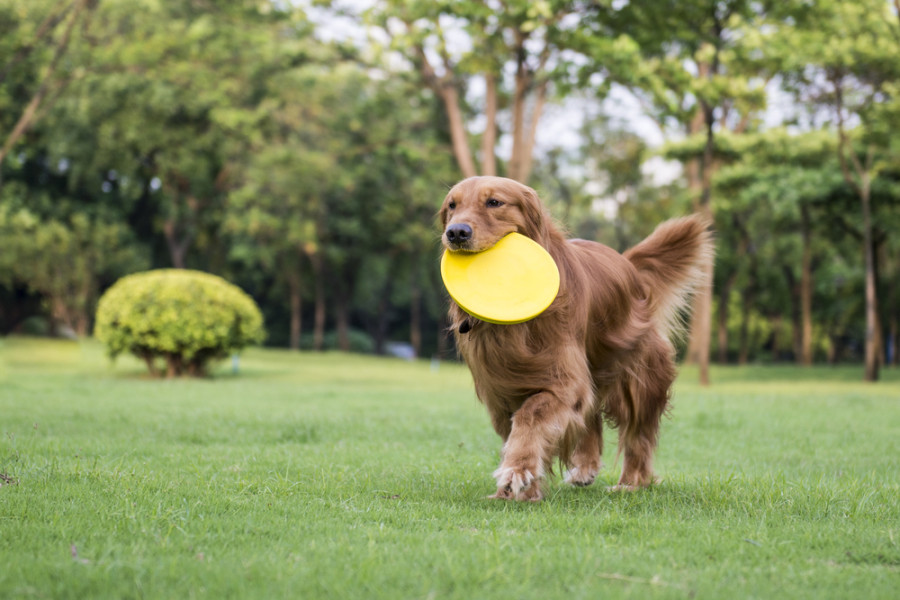
We all think our dogs are smart—well, at least sometimes! Other times, maybe not so much. But some breeds seem to be born eligible for advanced placement.
Back in the 1990s, a well-known dog authority published a book called The Intelligence of Dogs in which he included a ranking of breeds based on their ‘obedience and working’ intelligence. Not surprisingly, itmade a lot of people mad! They would argue that their dog was just too smart to obey silly commands!
But the list’s top-ranked dogs were still breeds we usually think of as smart—at least when it comes to learning human tasks. His order was Border Collie, Poodle, German Shepherd, Golden Retriever, Doberman Pinscher, Shetland Sheepdog, Labrador Retriever, Papillon, Rottweiler and Australian Cattle Dog. It’s a pretty good list, but I think he missed a few with a high I.Q. Here’s my order:
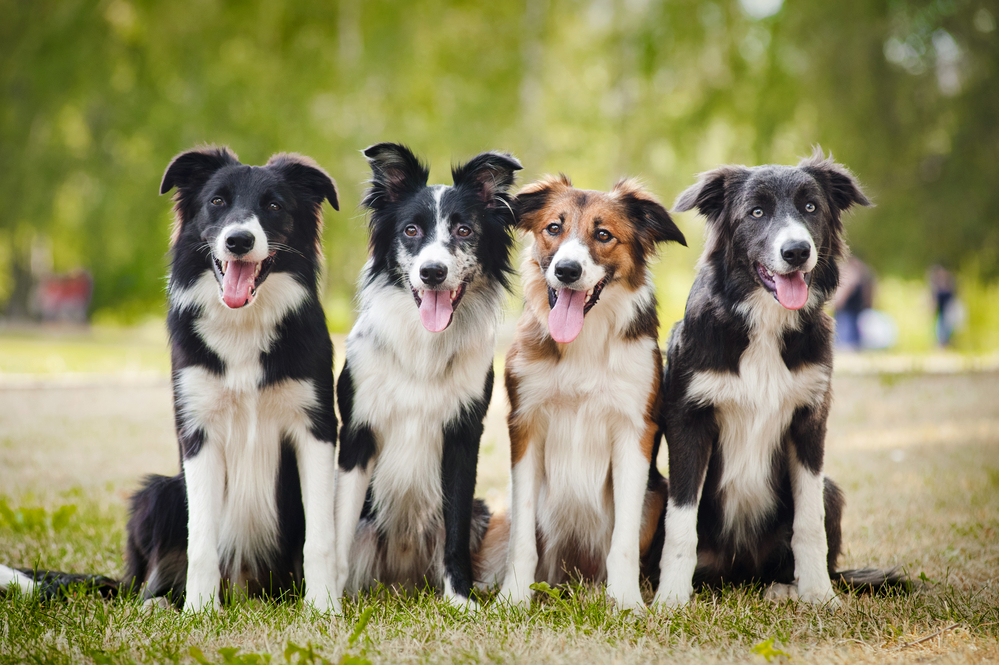
1. Border Collie. Did you know a Border Collie holds the record for number of words known by a dog? This breed consistently wins at obedience, agility and herding trials. Border Collies were selectively bred to herd sheep by following intricate whistles from the shepherd as well as by thinking on their own. They can work for hours, separating one sheep from the others, driving them into pens, or just herding them from one place to another. But be warned: The Border Collie is a high energy breed that can be hyperactive unless it gets to exercise its mind and body regularly!
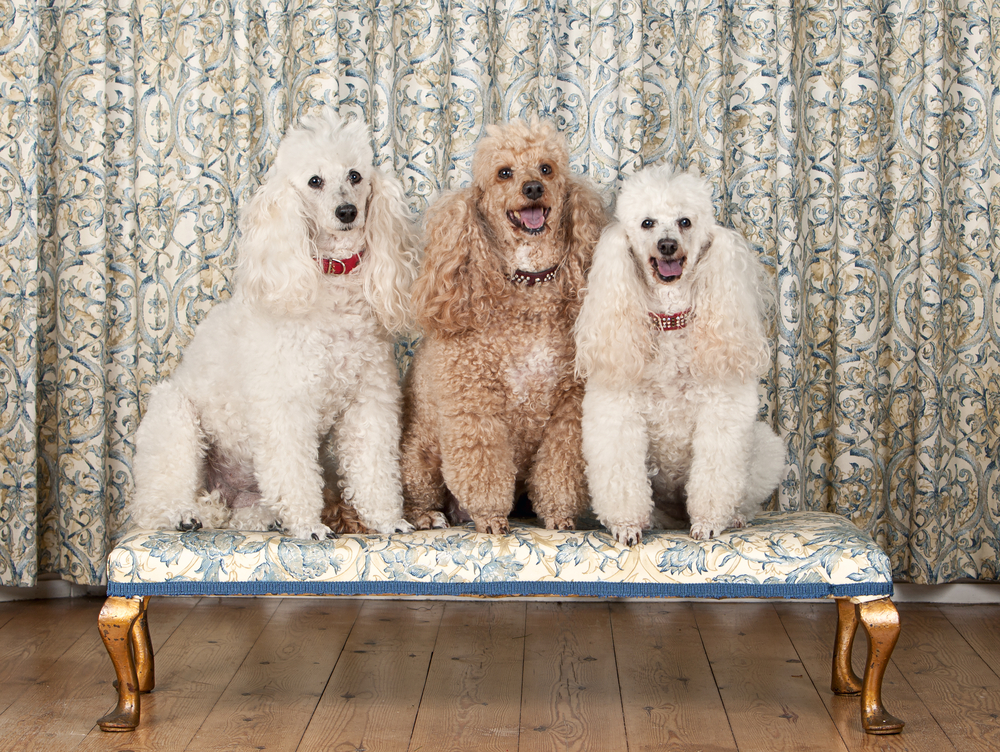
2. Poodle. There’s a reason Poodles have been so popular for decades. Did you know they were originally water retrievers? And that they later worked as circus dogs? Both jobs require the ability to learn complex cues and follow them, often from a distance. Poodles combine intelligence, willingness to please and a fairly calm energy that makes them easy to live with. And they come in three sizes---all smart!
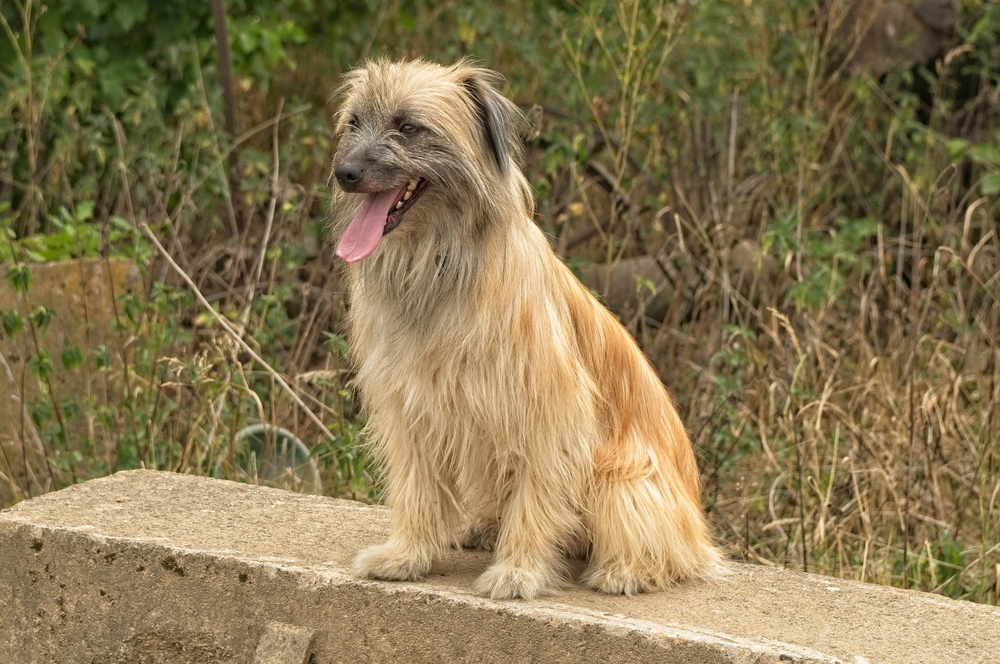
3. Pyrenean Shepherd. A lesser known breed, these dogs are the canine Einsteins! Another sheep herding breed, they followed the shepherd’s commands along perilous terrain where a mistake could mean death! They can be high strung so they’re not recommended for novice owners or hectic families.
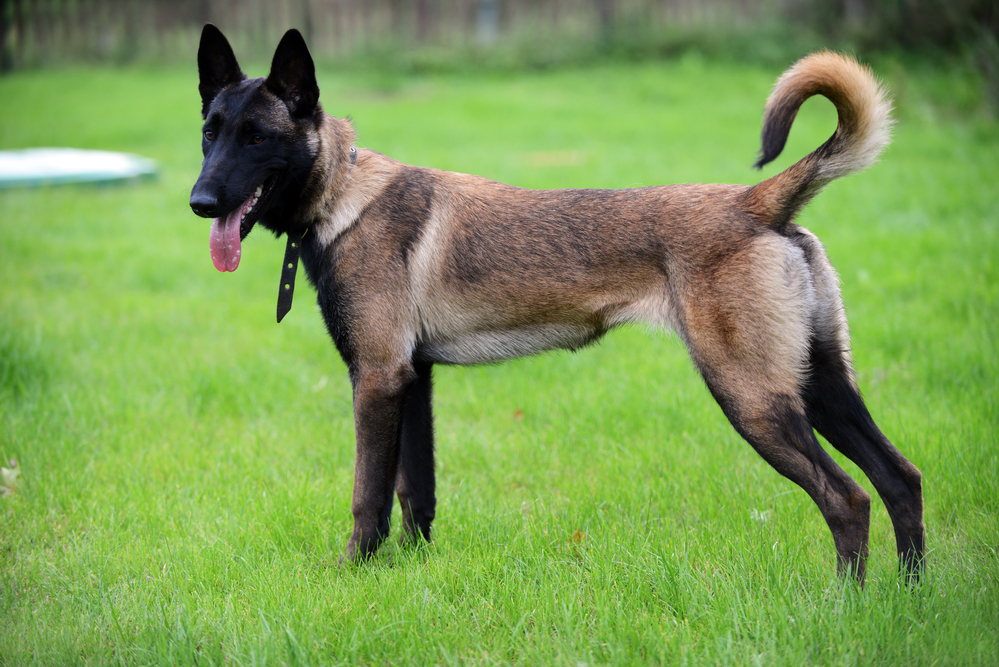
4. Belgian Malinois. This breed has recently become the favourite for military and police work, as they combine bravery, athleticism and mostly, intelligence. They also come from a herding background, and still excel in herding today. This tough breed is absolutely not a breed for novices, as it needs an experienced trainer to focus its abundant energy, and it can be somewhat domineering.
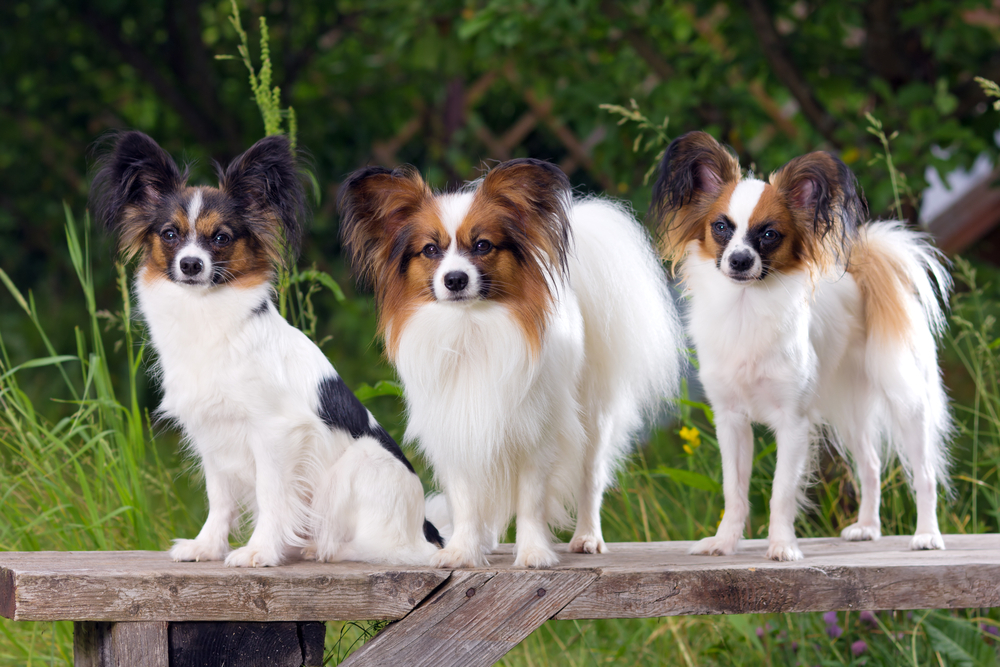
5. Papillon. If you measure I.Q. points per kilogram, the Papillon is hands-down dogdom’s genius! Nobody really knows why it’s so smart, but it can take on agility courses and other sports with the best of them! They make great companions and are fine with novice owners. One caveat: They do like to bark! Maybe they’re trying to talk?
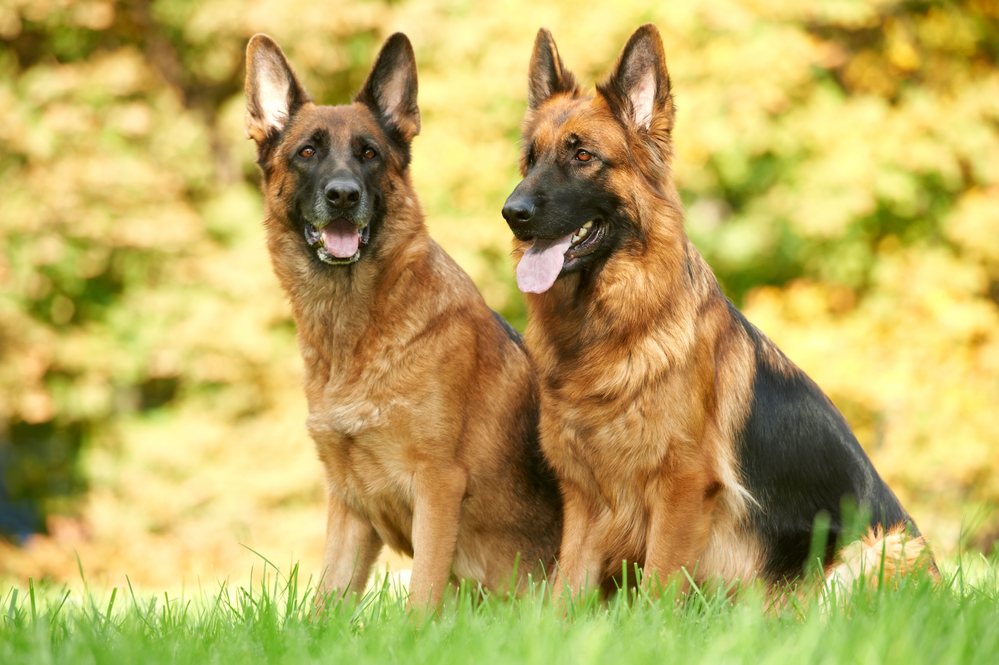
6. German Shepherd. The German Shepherd was originally created as a herding dog that could control hundreds of sheep at a time. It later became an adept police and military dog and was even the only breed used as guide dogs for decades. A German Shepherd named Braveheart was the first canine movie star, although his fame was later eclipsed by another German Shepherd, Rin Tin Tin. This breed is generally level-headed and calm, but always aware of its environment.

7. Golden Retriever. All retrievers are good at following commands. When a bird is downed the dog’s job is to swim and find it, but if the dog has not seen it fall, or if the bird is obscured by plants or waves, the hunter must guide him to it. It’s actually dangerous for a water retriever to ignore commands, as it could swim out to sea and drown if it ignored the command to come back. The Golden is a cheerful mellow dog that is eager to please but also calm when there’s nothing to do, making this a good choice for novice owners.
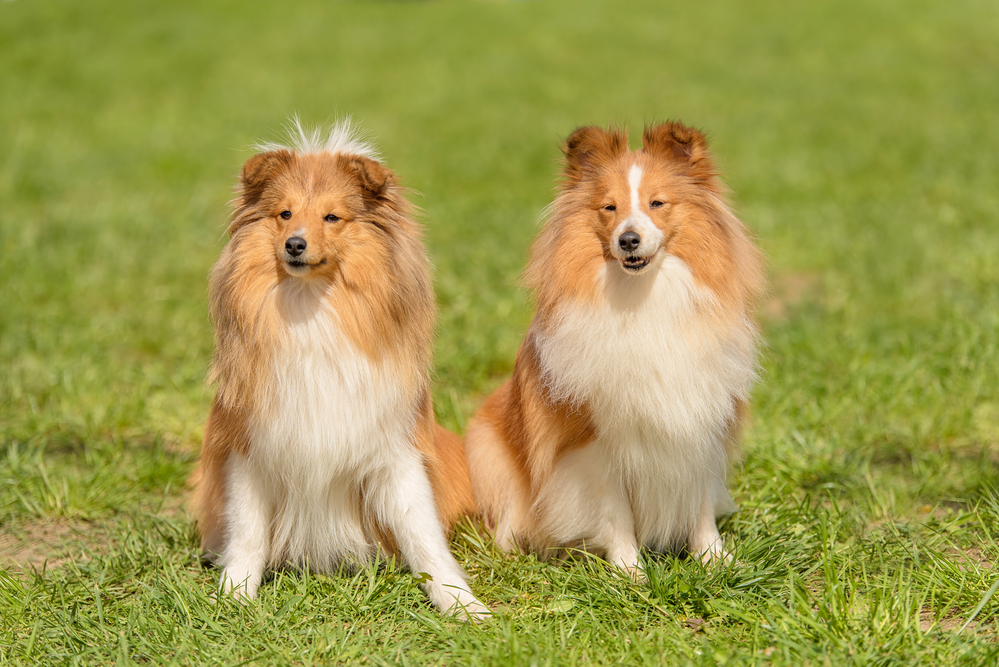
8. Shetland Sheepdog. I know I said seven breeds, but I couldn’t live with myself if I left out the Shetland Sheepdog! Another sheepherder, this breed is uncannily smart, and always wants toplease. It’s a great breed for novices---unless you don’t like barking!
Did you notice a trend? All the ‘smartest’ breeds tend to be either herding dogs or retrievers. That’s because these breeds had to rely on cues from their handler in order to do the job they were bred to do. In comparison, if a hound or terrier waited for directions, it would never be able to trail a rabbit, rundown a deer, dig out a badger or fight a bull. These dogs aren’t dumb—they just have another type of intelligence that relies on them figuring things out for themselves. In fact in Scott and Fuller’s famous work, which they wrote about in Genetics and the Social Behavior of Dogs, they found that when faced with a task, some breeds, like Cocker Spaniels (that we normally consider highly intelligent), gave up and waited for humans to solve their problem, while others, like Basenjis (which don’t mind anyone!) immediately just did it themselves.
So just as in people, there are different kinds of intelligence, and a dog breed that’s smart in one way may not be in another! And remember, smart doesn’t always equal easy to live with! A lot of super smart breeds are so attentive that they get overwhelmed and over-stimulated. Don’t choose a breed just because it’s smart. Because dogs are already smart enough---especially when it comes to bending us to their will!

Australian cattle dog
( blue heeler ) should be 2nd if not 1st border collie dingo